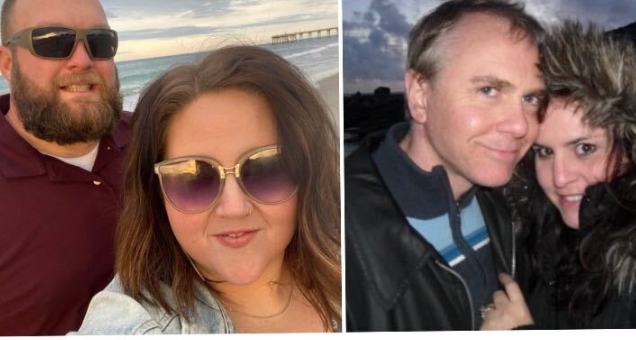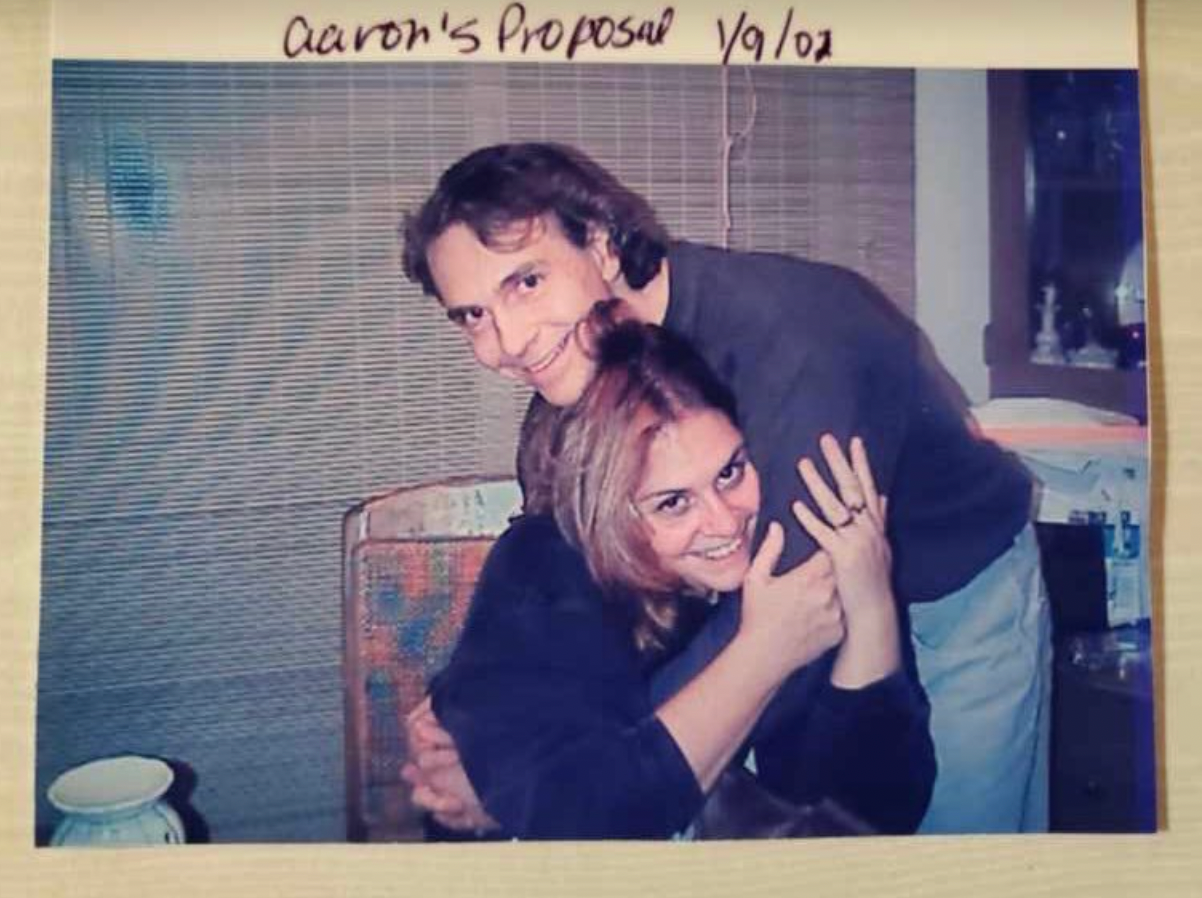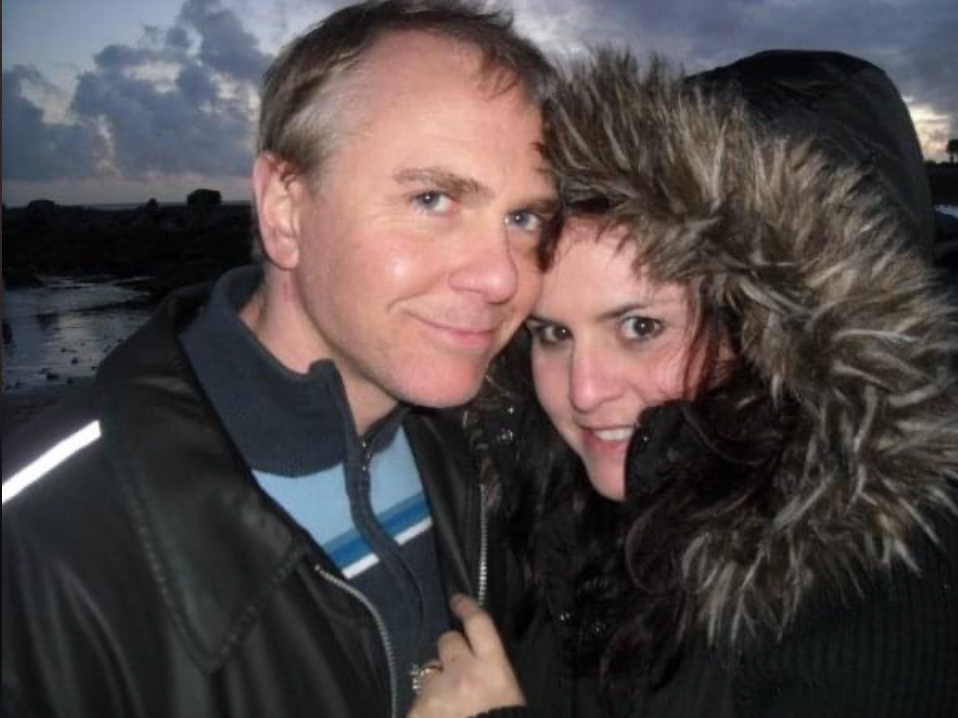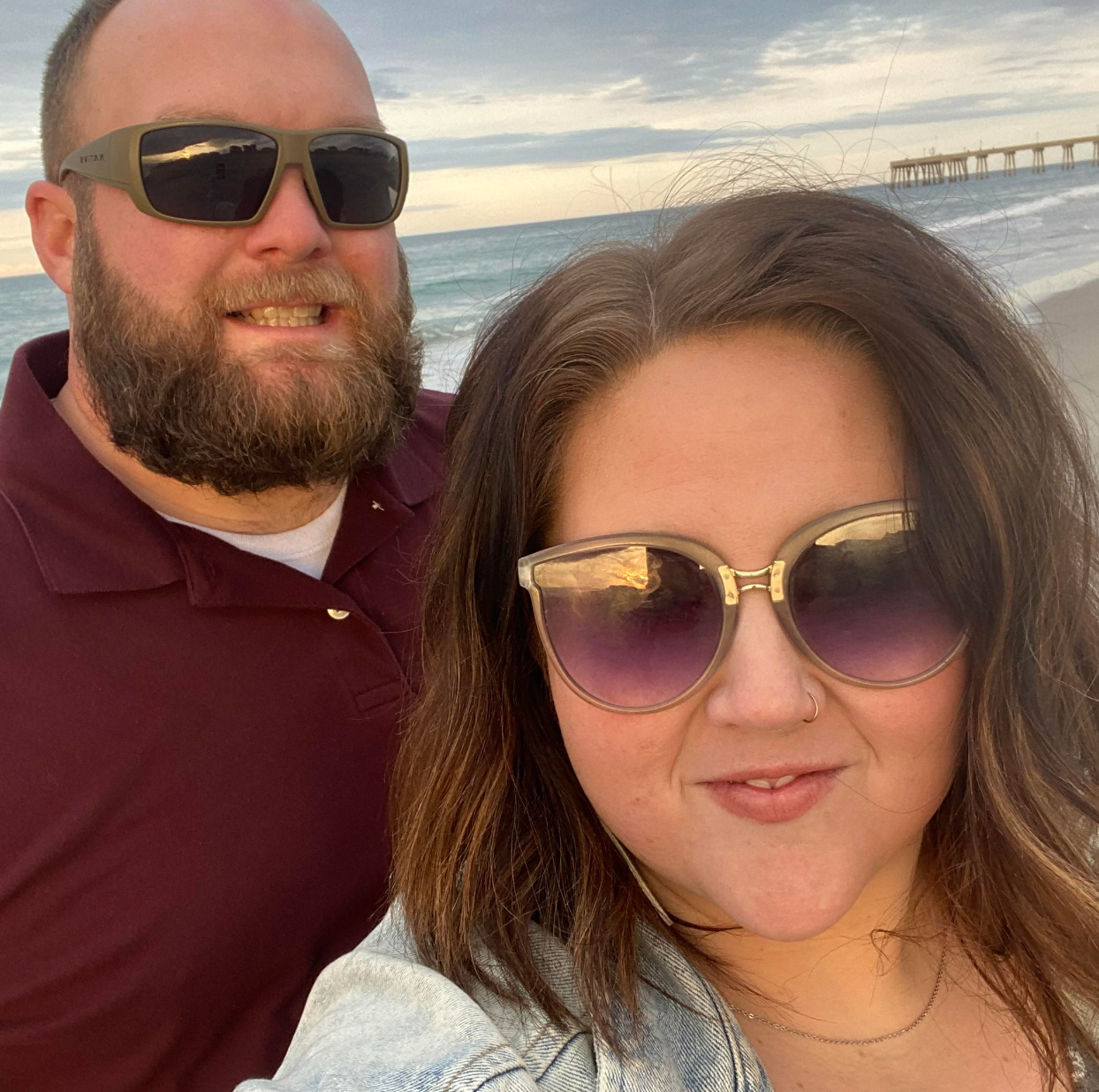Two men were consumed by Covid psychosis. Their wives say one lived and the other died because of how doctors reacted
Two men developed psychosis after becoming infected with Covid-19. One of them ultimately received treatment after his concerns were repeatedly dismissed, while the other died of a possible suicide. Now, their families are trying to raise awareness about the rare and devastating condition. Andrea Blanco reports


Your support helps us to tell the story
From reproductive rights to climate change to Big Tech, The Independent is on the ground when the story is developing. Whether it's investigating the financials of Elon Musk's pro-Trump PAC or producing our latest documentary, 'The A Word', which shines a light on the American women fighting for reproductive rights, we know how important it is to parse out the facts from the messaging.
At such a critical moment in US history, we need reporters on the ground. Your donation allows us to keep sending journalists to speak to both sides of the story.
The Independent is trusted by Americans across the entire political spectrum. And unlike many other quality news outlets, we choose not to lock Americans out of our reporting and analysis with paywalls. We believe quality journalism should be available to everyone, paid for by those who can afford it.
Your support makes all the difference.Natalie Barry and her husband Aaron Bazzone became infected with Covid-19 in the very early days of the pandemic in 2020.
Without much knowledge of the virus or the toll that it would take on their bodies, they decided to quarantine at their home in California until their symptoms subsided. Despite initially experiencing harsh fatigue and congestion, Bazzone improved within days.
But just weeks after his recovery, he began exhibiting psychiatric symptoms that he never had before, Ms Barry tells The Independent. Bazzone would see demons, spend the night at hotels convinced their San Francisco home was bugged, and pick holes in his face because he believed that aliens were implanting in him.
On 30 April 2022, two years after his first psychiatric onset, police knocked on Ms Barry’s door with the gutwrenching news that Bazzone’s body had been found in an isolated mountain area. He was 52 years old.
Ms Barry believes that her husband died by suicide following a long fight with a condition known as Covid psychosis.
“It was two years of hell,” Ms Barry recalls three years later as she fights back tears. “He was wielding an axe and knocking out people’s lights around their houses because he was afraid of EMF [electric and magnetic fields] he claimed came from his phone and at night he had this ringing in his ears.”
Like Bazzone, North Carolina teacher Jonathan Hartley, 35, had an unexplained, out-of-the-blue psychotic break following his recovery from Covid-19 nearly a year and a half ago. His wife Caitlin advocated for him with physicians who insisted Mr Hartley suffered from Bipolar disorder, despite having no previous history.
After their concerns about a potential link between Mr Hartley’s Covid-19 infection and his sudden symptoms were dismissed for months, Mr Hartley was eventually diagnosed with Covid psychosis.
“Nobody would listen. There’s research out there saying that Covid can cause psychosis in some people,” Ms Hartley tells The Independent. “They just kept telling me, ‘No, we haven’t seen that, that’s not a thing. This can’t be due to Covid.”
According to the National Library of Medicine, there is a causal link between Covid-19 infections and mental disorders. The institute cites a study conducted in China, which found Covid had effects on patients’ attention, depression and anxiety levels and potentially caused memory impairments and insomnia.
Another study by British researchers in 2021 also found that 0.42 per cent of Covid patients developed a first psychotic episode within six months of testing positive for the virus. While that percentage may appear small, it is not when put in context of the nearly 700 million Covid cases reported worldwide.
Covid psychosis has left an irreparable impact on Ms Barry and the Hartleys. Now, they’re trying to raise awareness about the rare and devastating condition.
‘I knew this wasn’t my husband’
Bazzone was both a web designer and a talented musician, having attended Berkeley College of Music, according to his wife.
At the time he became infected with coronavirus in February 2020, he was working from home for the biotechnology corporation Genentech. He had briefly worked with other companies, including Google, Cisco, Apple and Walmart Labs.
“It was early on in the outbreak, so Genentech being involved in the medical field and genes, they had us quarantined anyway,” Ms Barry says. “I’d been with him for 21 years and at that point, I had never seen him have the flu, or stay in bed. He went to bed for three days. He would not seek medical attention.”
The symptoms soon passed, but Bazzone then began to behave bizarrely. He would stare blankly at his computer for long periods of time and become paranoid about his surroundings.
“He lived in hotels for four months, running from the aliens,” Ms Barry says. “I saw him alienate his family members. And the more he alienated them, the more he stayed on the run.”

Bazzone was committed to mental health institutions several times, but physicians dismissed his wife’s emphasis on the fact that his symptoms showed up just weeks after he recovered from Covid. He was prescribed psychiatric medication but refused to take it once he was released from treatment centres.
Ms Barry says she tried to be supportive of Bazzone and educated herself on Covid psychosis. But despite her best efforts, his condition continued to worsen.
“I knew the time. This is not my husband, he changed overnight. I knew right away because I saw the link,” she says. “We both were sick and we were told to consider ourselves positive and he started having these symptoms and they never stopped.”
After suffering from a heart attack, Ms Barry became unable to continue caring for Bazzone as she intended. In the last stages of his life, they stayed in separate parts of their home as Bazzone battled his condition and his wife recovered from her health scare.
“The last six months he was not nice to me,” Ms Barry recounted. “But those two weeks before he died, he told me ‘I love you’ twice.”

When authorities showed up at her door in April 2020, Ms Barry was expecting to hear her husband had been committed again. Instead, she was informed he had died as a result of emphysema, a lung condition that causes shortness of breath, and emaciation.
His body was found in a remote area.
Ms Barry believes her husband starved himself to death.
She only realised after her husband was dead, but he had finished his coffee can “down to the last grain,” and fixed things around the house that she forgot were broken. On her bed, he left behind tiny squares which he claimed protected humans from aliens.
“I want people to know about this if I can stop some suffering,” Ms Barry says. “People can get help right away.”
‘I’m now dealing with the trauma’
Jonathan Hartley continued working after he tested positive for Covid. He led remote classes for his high school students and when his quarantine ended, he returned to teaching in person.
“I returned back to school on a Friday. And I came home and just felt really tired,” Mr Hartley tells The Independent.
The following Monday, Mr Hartley’s symptoms persisted and he called his wife so she could take him to the emergency room. By the time Ms Hartley picked him up, her husband’s mind “was running fast” and he felt “almost as though he could see the future”.
”He would start to say something, but then his brain was already on something else,” Ms Hartley says. “And so then his mouth would go to that. He wasn’t finishing all of his statements and we had a friend who had bipolar disorder so I got really scared because it did seem he was kind of like manic.”
Ms Hartley says she feared her husband’s cancer had returned and it was in his brain, but her request for an MRI was denied. She asked whether Covid could have affected his brain, but doctors told her that her husband was having a manic episode.
Mr Hartley was initially committed for a week and was discharged with medication for bipolar disorder. He alleged he was told by nurses to take a medication that previously caused him temporal paralysis on his face and aphasia — or problems with his speech.
He was hospitalised a second time for nearly three weeks after failing to adjust to another medication, with physicians at the mental health facility allegedly refusing to even consider the possibility that his mental breakdown stemmed from his previous Covid infection.

“I requested medical testing while he was there and they refused,” Ms Hartley says.
Mr Hartley says that his mental health declined while hospitalised, as he could not see or speak with his wife and children. Even after he was discharged and received treatment for Covid psychosis, Mr Hartley said he struggled to integrate back into his life.
For three months, he was unable to return to work and was left feeling depressed and anxious.
“We struggled as a family unit for about a year afterwards. One of our daughters is in therapy and she was having extreme anxiety … they saw their daddy like that and then he was gone and they,” Ms Hartley says. “Any time he left home, they freaked out. They’d say, ‘Daddy’s not coming back to us. Daddy’s not coming back.’ It was rough.”
The Hartleys say medical professionals’ denial to explore a link between Covid-19 and Mr Hartley’s sudden break, and the medication that was prescribed to him exacerbated his mental anguish for months. The family consulted with an attorney about the possibility of suing the hospital but were told that no case could be filed due to North Carolina’s Covid liability law, which gives providers exemptions from civil liability.
A year and a half after becoming infected with Covid, Mr Hartley is still grappling with the aftermath of his experience. To cope with the frustration he faced as his wife desperately advocated for him, he often volunteers at local mental health facilities.
“I’m kind of dealing with residual from it. I’ve been having a lot of anxiety and my therapist basically said I’m in survival mode,” Mr Hartley says. “And so now I’m dealing with all the trauma from when I didn’t take the time or really had the choice to deal with it then.”
“I was grateful to have somebody, [My wife] helped me,” he added. “But there’s a lot of people out there who don’t have anybody and they’re just stuck in the system.”



Join our commenting forum
Join thought-provoking conversations, follow other Independent readers and see their replies
Comments